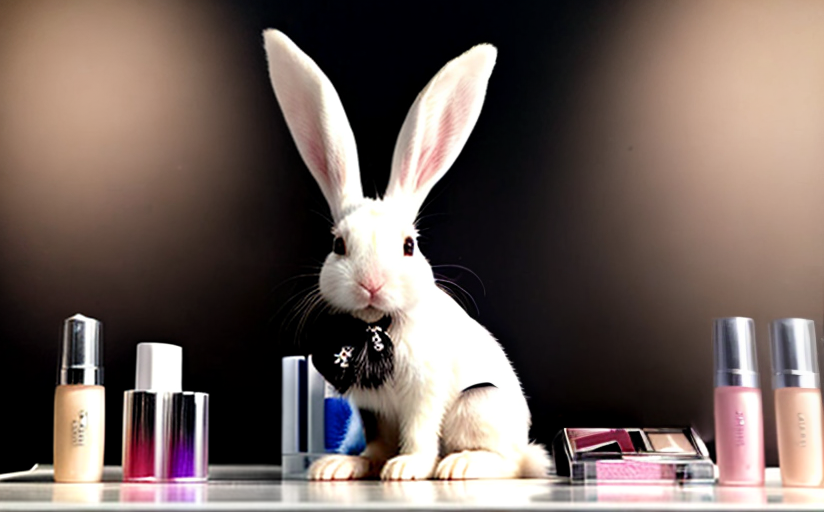Animal Testing in the Beauty Industry: A Critical Analysis
Animal testing for beauty products, although often overlooked, is a significant ethical and scientific debate. This article probes the rationale behind this practice, discusses current regulations, explores the controversial ethical debates it stirs, elucidates alternative methods, and finally, seeks to understand its implications on consumers and the global beauty market.
The Rationale Behind Animal Testing
Animal testing in the beauty industry is primarily conducted to determine the safety of a product for human use. Animals are subjected to various tests to calculate toxicity levels and allergic reactions, which provides the basis to predict how a product may affect human skin. This methodology originated from the core principle of precaution, due to the unparalleled physiological similarities between humans and certain animals.
Current Regulations
Regulations surrounding animal testing vary by country. The European Union (EU), for example, has banned the sale of all cosmetics and cosmetic ingredients tested on animals. In contrast, China requires mandatory animal testing for internationally manufactured cosmetics before they enter the Chinese market.
Ethical Debates
The ethical debate around animal testing anchors on the issues of animal rights and human need. It questions whether it's justified to compromise an animal's well-being for the perceived 'greater good' of human safety. Animal rights activists argue for a complete ban, stating that the pain and suffering caused to animals is unethical and inhumane.
Alternatives to Animal Testing: Technology & Changes in Beauty-Product Formulas
Advancements in technology and changing beauty product formulas have paved the way for alternatives to animal testing. The emergence of in-vitro testing, where tissues are cultured and tested in a lab, and computational toxicology, using computer models to predict toxicity levels, are promising substitutes for animal testing.
Position of Major Beauty Brands and Implications
Brands like Lush, The Body Shop, and Urban Decay have come into the limelight for their staunch stand against animal testing. These companies only sell products deemed cruelty-free. This ethical stance builds brand credibility and loyalty among consumers who prioritize animal welfare.
Does Awareness Impact Consumer's Buying Habits?
Increased awareness about animal testing does seem to affect consumers' purchasing habits. Many consumers now opt for cruelty-free products, reflecting the growing preference for ethical and sustainable brands.
Future Directions
The future appears promising in terms of reducing animal testing, thanks to technology and a rising consciousness among consumers and brands. Governments worldwide are expected to adopt stricter regulations to phase out the testing of cosmetics on animals altogether. Furthermore, the development of more advanced in-vitro testing methods will likely reduce reliance on animal-based testing.
Conclusion
Animal testing in the beauty industry is a contentious issue. As more alternatives surface and consumer awareness continues to rise, it is likely that the industry will see a significant shift toward cruelty-free practices in the coming years, ultimately leading to a more humane, sustainable, and ethical beauty landscape.

















Comments
Leave a Comment